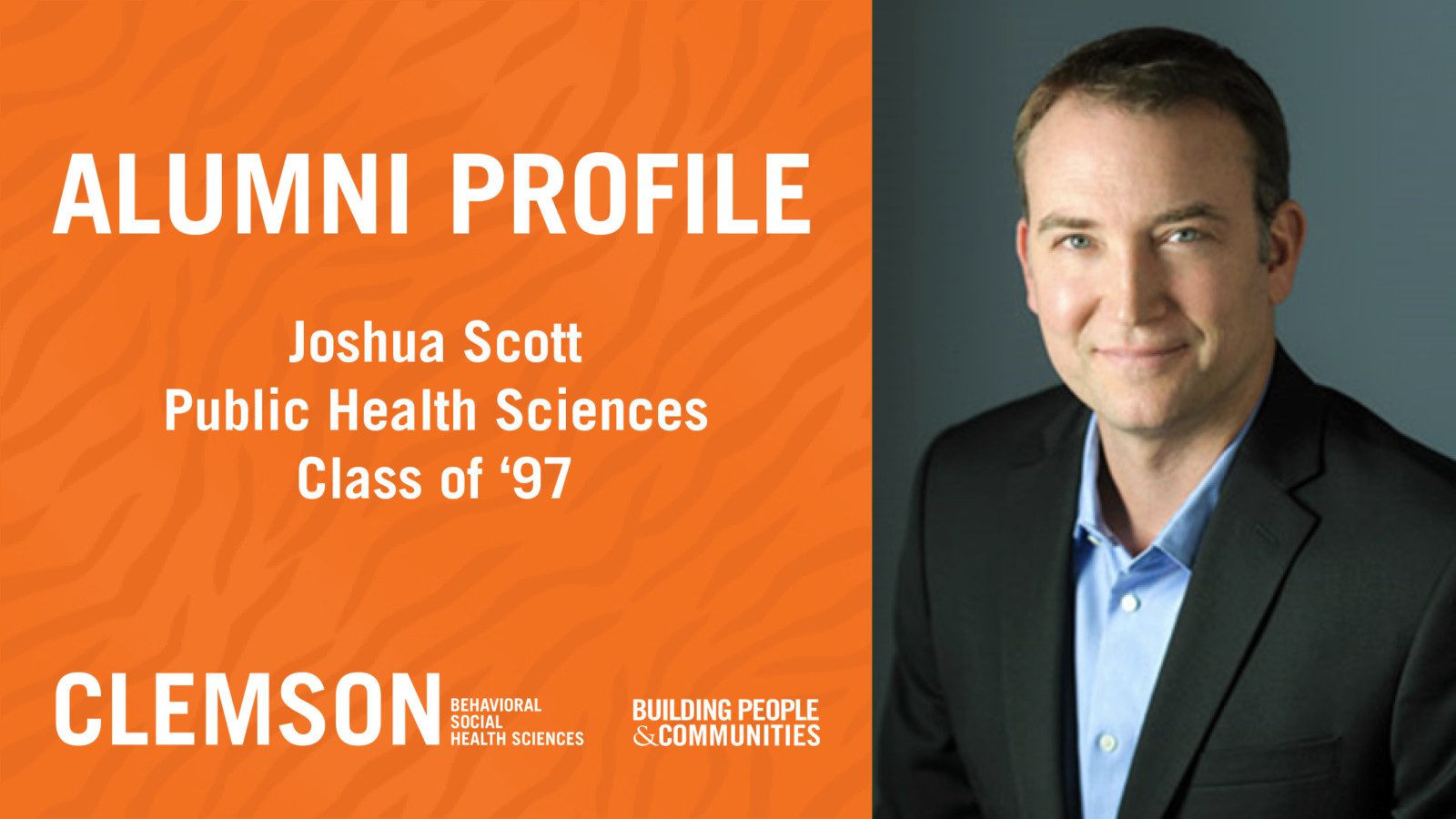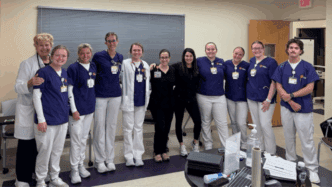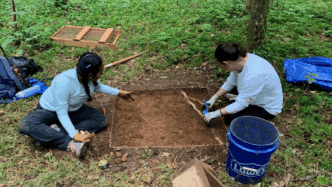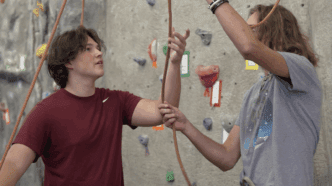
A career in health care doesn’t mean that a person has to be confined to a hospital or clinic. Joshua Scott, a 1997 Clemson alum who graduated with a bachelor’s degree in health sciences, is a prime example. Dr. Scott is a primary care sports medicine physician for the Cedars-Sinai Kerlan-Jobe Institute in Los Angeles, California, and he is also the lead primary care physician for the Los Angeles Galaxy, a Major League Soccer team.
We got the chance to catch up with Scott and get a glimpse into a career spent on the sidelines (in a good way).
Describe a typical workday.
I see patients in a private practice that come in with musculoskeletal injuries, concussions and other sports-related issues. I get to work with athletes of all ages and backgrounds, from high school to the professional level. I train other doctors who are in fellowship to be primary care sports medicine physicians and provide lectures on the national level. My usual clinic is from 8 a.m. to 5 p.m., and I often cover games in the evenings and on weekends.
What do you enjoy about your job?
As a team physician for the Los Angeles Galaxy, I am on the sideline for our games and have traveled with the team internationally. Our team has won the Major League Soccer Championship several times, but I find just being with the players most rewarding.
I enjoy the camaraderie of being part of a team, both with the Galaxy and at Kerlan-Jobe. Most medical offices function as a team and this reminds me of my time as an athlete. Working with sports teams at any level is rewarding because every member of the team has a job to do in order to accomplish a common goal.
How did you engage in athletics at Clemson?

I was on the Track and Field team that won the team ACC Championship several times. I also won the individual ACC Championship in the decathlon in 1997, but I most enjoyed my time with teammates and remain friends with many of them to this day.
How did Clemson prepare you for your current career?
I think Clemson exposed me to an excellent balance of academics, athletics and social life that made me a well-rounded student and equipped me with the tools to eventually become a doctor.
Any advice you would give to students interested in your current line of work?
Medicine like many careers is competitive. It requires an enormous amount of commitment, discipline and passion for the work. My advice would be to enter the field with a true love for medicine and helping people.
I don’t think I really knew I wanted to be a physician while at Clemson. I had an idea that I might try medical school, but I owe much of my career path to good advice from my pre-med advisor, Dr. Ken Revis-Wagner. He was one of the first people I met at Clemson and he helped me with my class choices and when it came time to apply to medical school.

I didn’t have any doctors in my family and had no point of reference to what it would be like. It wasn’t until my third year of medical school when I got to have hands on experience with patients that I realized that helping people in need was what I wanted to do with my life.
Our college prides itself on doing work that benefits people individually and on a larger scale at the community, state or even national or global level. Does your work help people one on one and/or in a larger context?
Our institute provides care for underserved schools in South Central Los Angeles by giving free pre-participation physicals to high school students. We care for thousands of students each year that otherwise might not be able to get them.
I also work with a group that oversees medical care for Darfur United, a soccer team for refugees. This group of players, which is made up entirely of refugees from the Chad-Sudan border, gives their people a voice on a global level.
END







